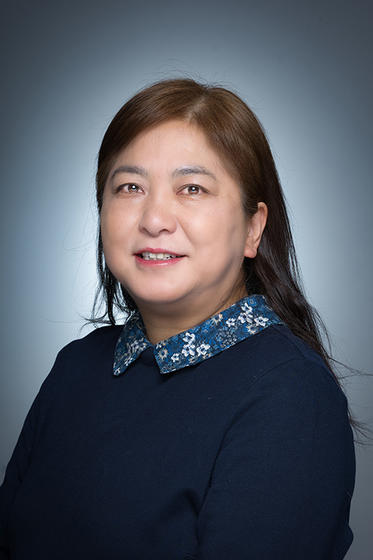In This Story

Megumi Inoue is an associate professor in the Department of Social Work. She also serves as the Associate Editor of the Journal of Gerontological Social Work and is the founding chair of the interest group for Japanese and Japanese American Studies for The Gerontological Society of America.
Dr. Inoue joined Mason in 2014 after completing her PhD in Social Work at Boston College. A native of Japan, Dr. Inoue spent 12 years working as a registered nurse in her home country where she dedicated her career to caring for patients with chronic illnesses, such as hepatitis, cancer, and AIDS. Her extensive clinical experience sparked her interest advocating for patients’ autonomy and dignity. Dr. Inoue recognized that as individuals face declining physical and/or cognitive abilities, their fundamental right to make decisions and be treated with respect becomes easily threatened, particularly among older adults.
Following her nursing career, Dr. Inoue pursued social work to support this population, drawing on social work perspectives, such as strength-based and person-in-environment perspectives. Dr. Inoue’s commitment to the field led her to pursue a doctoral degree to conduct research. She also gained experience as a social worker at a Boston-based social service agency, serving Japanese immigrants as the primary client population. In this role, Dr. Inoue encountered many older Japanese immigrants in need of diverse support due to their health status.
Informed by these clinical experiences, Dr. Inoue is dedicated to understanding the underlying mechanisms that place older adults and their families in vulnerable situations. Her research focuses on examining interventions that enhance their well-being with a primary emphasis on two research areas: autonomy in healthcare decision-making, especially at end of life, and the use of evidence-based, non-pharmacological interventions for individuals living with dementia. In the realm of decision-making at end of life, Dr. Inoue has conducted research on advance care planning (ACP), which empowers individuals to express their preferences for the final stages of their lives, guiding what type of medical treatment they do or do not wish to receive. In collaboration with colleagues on the department’s gerontology team, Dr. Inoue has also implemented non-pharmacological interventions, such as a personalized music intervention and caregiver stress reduction training, aimed at measuring their impact.
Currently, Dr. Inoue is leading two externally funded projects. The first project involves investigating the impact of group-based digital gaming activities among individuals living with dementia. The second project delves into caregivers’ experiences with stress reduction training and a personalized music intervention. Looking ahead to the upcoming academic year, Inoue plans to embark on a study leave during which she intends to explore policies, programs, and services that significantly influence the end-of-life experiences of older adults in various countries. Her focus will encompass nations such as the Netherlands, Sweden, the United Kingdom, and Japan. This endeavor reflects her steadfast commitment to gaining insights from diverse perspectives and contexts in the field of aging and end-of-life care.
